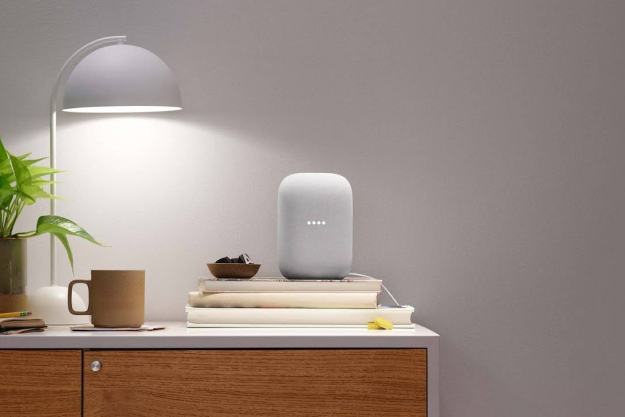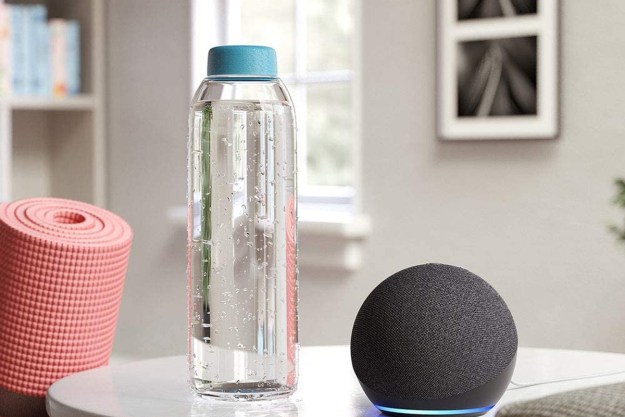 Of all the things you’d think would be up to free will as opposed to genetic destiny, the choice of what perfume you wear would be pretty high on that list. After all, perfume is an entirely artificial construct, something that people use todisguise their natural scent. And yet, it turns out, science may just have proven that the perfumes people choose are connected to their own chemical composition, demonstrating once again that we’re just sacks of meat that only think we’re in control of our lives.
Of all the things you’d think would be up to free will as opposed to genetic destiny, the choice of what perfume you wear would be pretty high on that list. After all, perfume is an entirely artificial construct, something that people use todisguise their natural scent. And yet, it turns out, science may just have proven that the perfumes people choose are connected to their own chemical composition, demonstrating once again that we’re just sacks of meat that only think we’re in control of our lives.
The new reminder that we are slaves to our genes comes via a report in the journal Proceedings of the Royal Society B, which reveals that women apparently prefer to wear perfumes that include an odorless substance which mimics chemicals produced by their own immune systems through their skin. Inspired by the role that such chemicals – officially known as major histocompatibility complexes, or MHCs – play in the choosing a mate across multiple species, scientists at the Max Planck Institute for Evolutionary Biology in Germany took it upon themselves to look into whether or not MHCs are connected to human relationships.
As part of this research, the Planck Institute team started wondering about the connection between MHCs and body odor, leading them to create a simple experiment: 22 women would apply different versions of the same perfume under their arms over the course of two nights. One version would include an MHC molecule similar to that produced by their own immune system, while the other would contain an MHC molecule that was foreign to their immune system. The result of the test was that women who didn’t have colds or smoke consistently chose the perfumes that “smelled” like themselves, suggesting a subconscious imprint from the MHC mimic.
What this means, says Manfred Milinski, the leader of the team, is that “it is not your free will to decide what kind of perfume you like on yourself, it’s dictated by your MHC genes.”
This discovery is of interest to those outside of the perfume business, however; Milinski and his team believe that their study – and specifically, the process through which they created their decoy fake MHC genes – could affect the future of human relationships. What they imagine is that future perfume chemists could create synthetic chemicals that “broadcast” the wearer’s immune signature as a way of potentially attracting appropriate prospects for mating.
Such artificial molecules could replace more traditional ingredients in perfume, such as amber or musk, which tend to originate in places (Whale meal and deer gland secretions, respectively) that are coming under increasing threat of being banned in Europe due to allergic reactions. Could the future of dating really end up relying on perfumes that match your immune system? Furthermore, could you fake your own immune system scent to put forth a healthier version of yourself when you’re really a chain smoker? That adds a whole new definition to flubbing a few details about yourself on a first date.
[Image via Shutterstock/Kzenon]
Editors' Recommendations
- What is IFTTT and how can you use it in your smart home?
- What to know before you enable Alexa Guard
- Comparing Roomba models: What you need to know
- What is a pressure cooker, and how do you use it?
- Frontpoint vs. SimpliSafe: Which is best for you?


